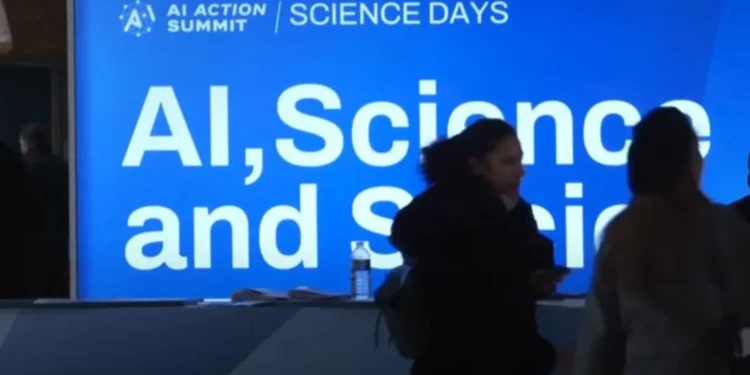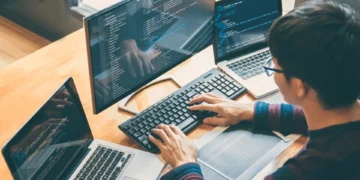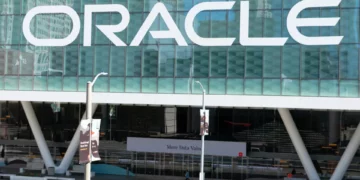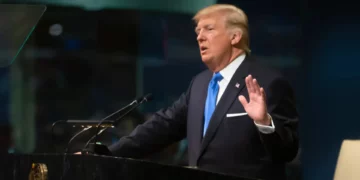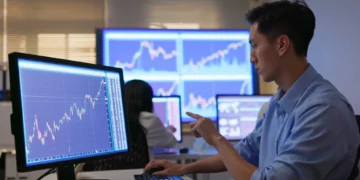European lawmakers approved the AI Act, the first comprehensive set of rules for the technology globally.
French President Emmanuel Macron announced at an AI summit in Paris that Europe will reduce its regulations to facilitate artificial intelligence’s growth. He also urged investment in the European Union (EU), particularly France.
Henna Virkkunen, the head of the European Union’s digital division, promised that the organization would simplify its rules and make it business-friendly. As US President Donald Trump has ripped off AI barriers to increase American competitiveness, pressure is rising on the EU to adopt a lighter approach to AI regulations so businesses can compete in the tech race.
Macron also agreed with it and stated they would make things simpler so the European companies could get in sync with the rest of the world.
Macron stated that they are going to use the Notre Dame model in data centers for authorization to access the market, for AI, and for attractiveness. He gave an example of the majestic Notre-Dame Cathedral, rebuilt in record time after a devasting fire, thanks to the simplified regulations.
Trump’s initial actions on AI have highlighted the significant differences between the regulatory approaches followed by the US, Chinese, and EU.
Additionally, many participants in the two-day conference that began on Monday urged the EU to relax its regulations.
Sundar Pichai, the CEO of Alphabet, stated that Europe’s productivity is based on how they see emerging technology. Pichai emphasizes that there is a need to create an environment that would encourage AI innovation and adoption, like one he said was growing in France.
European Commissioner Virkkunen acknowledged after speaking to the industry leaders that there is a necessity to reassess their regulations since there is excessive overlapping in regulations.
She added that they plan to reduce bureaucracy and the administrative challenges faced by the industries.
Last year, European lawmakers approved the AI Act, the first comprehensive set of rules for the technology globally.
Meanwhile, France aims for the world leaders at the summit to reach a joint non-binding statement emphasizing that AI regulation should be inclusive and sustainable.
However, it is unclear if the United States will express its support. US Vice President JD Vance will clarify the United States view during his summit speech on Tuesday. Macron announced that the private sector invested 109 billion euros ($113 billion) in artificial intelligence in France.
That will include the newly announced opening of a data center by French startup Mistral Mistral in the greater Paris area.
Clem Delangue, the CEO of Hugging Face, a US company co-founded by French entrepreneurs that serve as a center for open-source AI, expressed that the size of investments announced in France has given him confidence about the future projects in the country.
There was a recent development from the summit, which was launch of Current AI, which is a partnership between countries like France and Germany along with company leaders like Google and Salesforce.
The partnership has a initial investment of $400 million, will help the public interest projects to access high-quality data available for AI and fund open source tools. It is targeting to get up to $2.5 billion in funding over the next five years.
Current AI founder Martin Tisné mentioned that focusing on public interest is necessary so that AI can avoid having similar downside as what social media had.
However, not everyone who attended the summit in Paris supported a more relaxed approach to AI rules.
Brian Chen, policy director at Data & Society, a nonprofit organization based in the US, expressed his concerns about the possibility that external pressure from the US and other countries could weaken the AI Act and existing protections.
Labor leaders voiced their worries about the effects that AI could have on employees, particularly about the job roles that could be replaced by AI, which would force them to look for new jobs that offer less protection.


